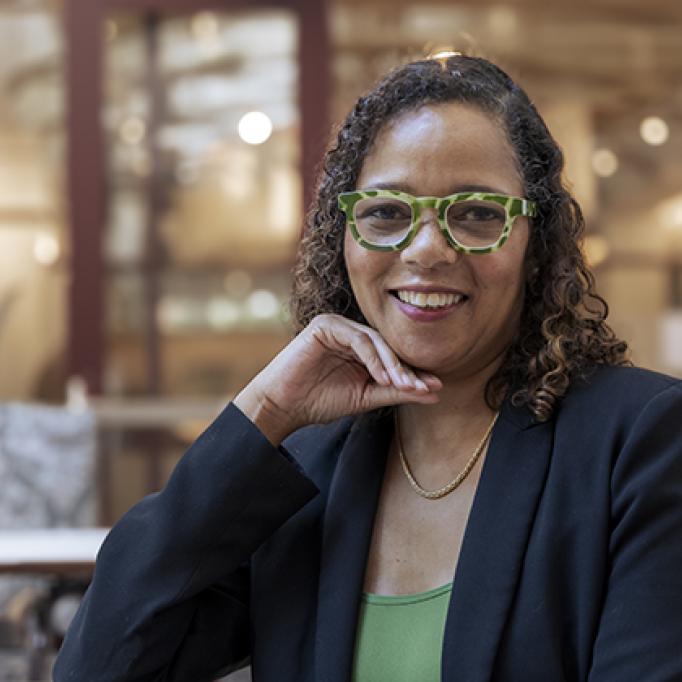Daniel Yue Wins Best Dissertation Award From Academy of Management
1 min read
Daniel Yue, assistant professor of IT Management, received the Best Dissertation Award from the Academy of Management
GTRI Develops Climate, Moisture Control Technologies to Optimize Poultry House Operations
3 min read
GTRI is developing two technologies to address climate and moisture control challenges in poultry houses - innovations that could lead to healthier flocks and reduce costs for farmers.
Farming for the Future of the Planet: How Liming Could Be Key for Carbon Removal
4 min read
Liming, a centuries-old agricultural practice, can improve crop yield and greenhouse gas reduction.
Forest Expansion Increases Agricultural Output, New Study Shows
2 min read
Agriculture is the largest cause of deforestation. So, it follows that forest expansion efforts would displace agriculture — but new research from Georgia Tech's School of Economics reports that that’s not necessarily the case.
Twenty Years After Katrina: How Levee Failures Changed America
4 min read
Twenty years after Hurricane Katrina’s catastrophic landfall, its legacy of destruction, displacement, and deepened inequality continues to shape communities and challenge disaster preparedness across the U.S.
Breaking the Rules to Build a Better Battery
4 min read
Charging batteries quickly was thought to degrade them. Georgia Tech’s findings flip that logic and open new doors for energy storage.












